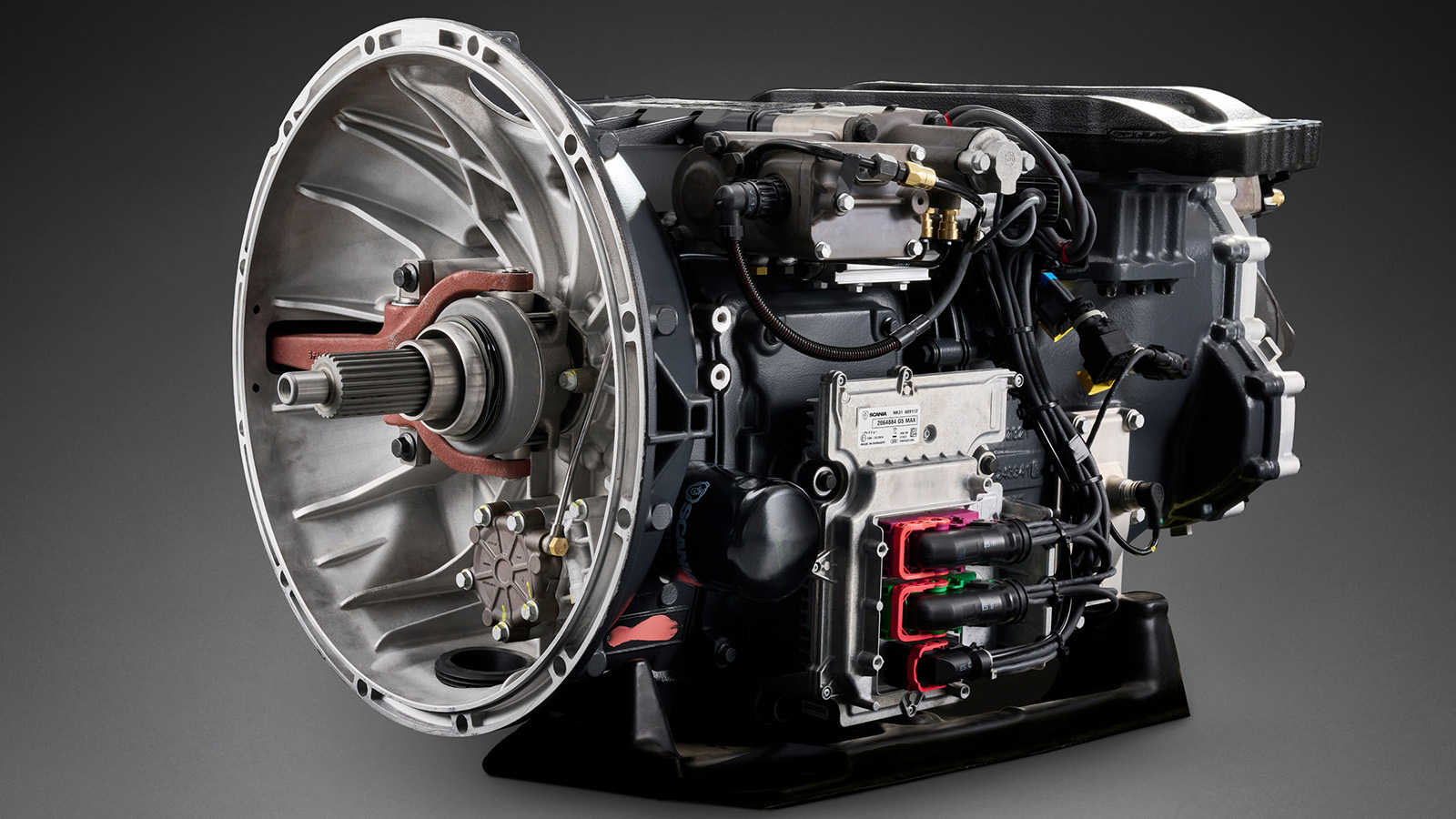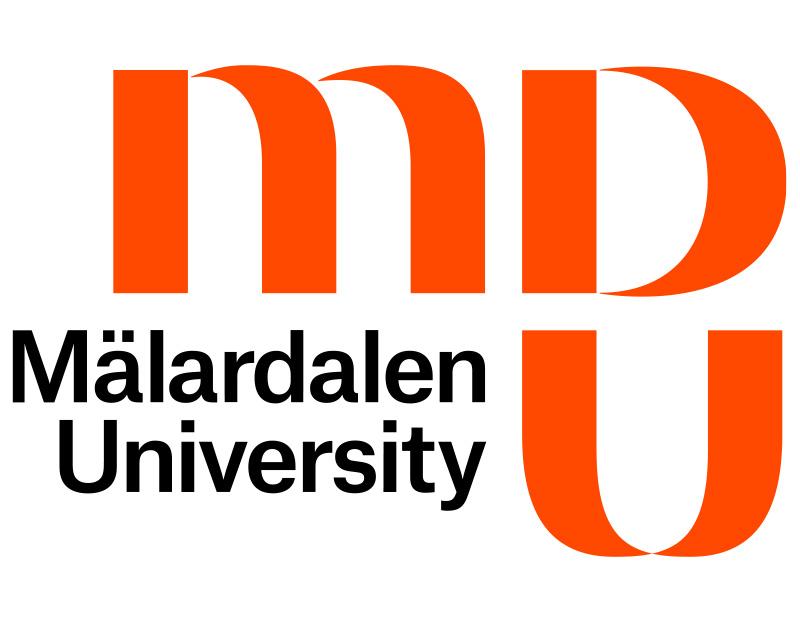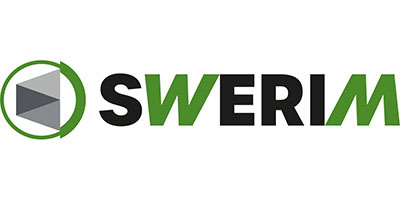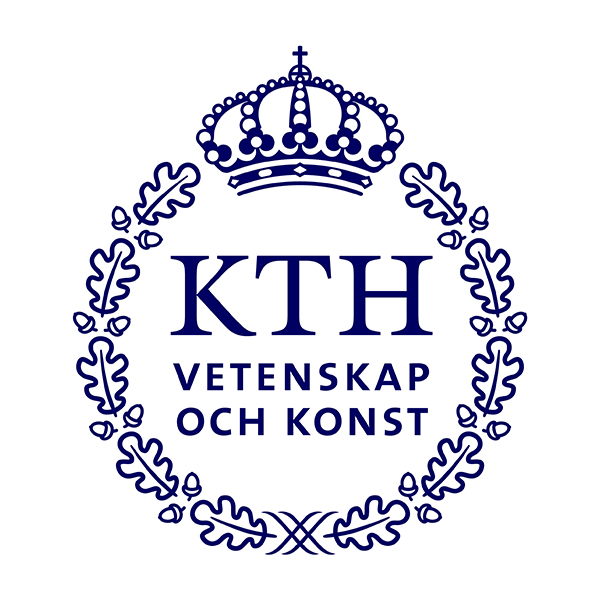Remanufactured Gearboxes for Reduced Environmental Impact

By integrating remanufactured gearboxes into new truck production, the iReGear project addresses the environmental challenge of high carbon emissions and material use in vehicle manufacturing. This innovation cuts material use by 50% and carbon emissions by 45%. Through circular methods and industry-academia collaboration, the project sets a precedent for sustainable, high-quality, and cost-effective manufacturing.
Project description
The iReGear project set out to demonstrate that remanufactured gearboxes could be seamlessly integrated into the production of new trucks. By adapting IT systems and production planning, the project overcame the technical challenges of incorporating used parts into automated assembly lines, proving that circular manufacturing is not only viable but essential for reducing emissions, cutting costs, and future-proofing the industry.
The successful integration of remanufactured gearboxes marked a milestone in automotive manufacturing, achieving a 50% reduction in material consumption and 45% lower carbon emissions compared to producing new gearboxes.
Since remanufactured parts often match the performance of new ones while costing up to 70% less, the initiative highlights both the economic and environmental advantages of this approach. In parallel, the project addressed legal, technical, and consumer perception challenges, helping to position remanufacturing as a viable, scalable solution for the future of sustainable manufacturing.
Initiated in September 2023 and completed in May 2024, the collaboration involved Scania, KTH Royal Institute of Technology, and Scandinavian Transmission Service AB, with funding from Vinnova. The Circular Manufacturing Systems group at KTH played a key role in realizing the project, aligning it with growing EU regulations and sustainability goals.






